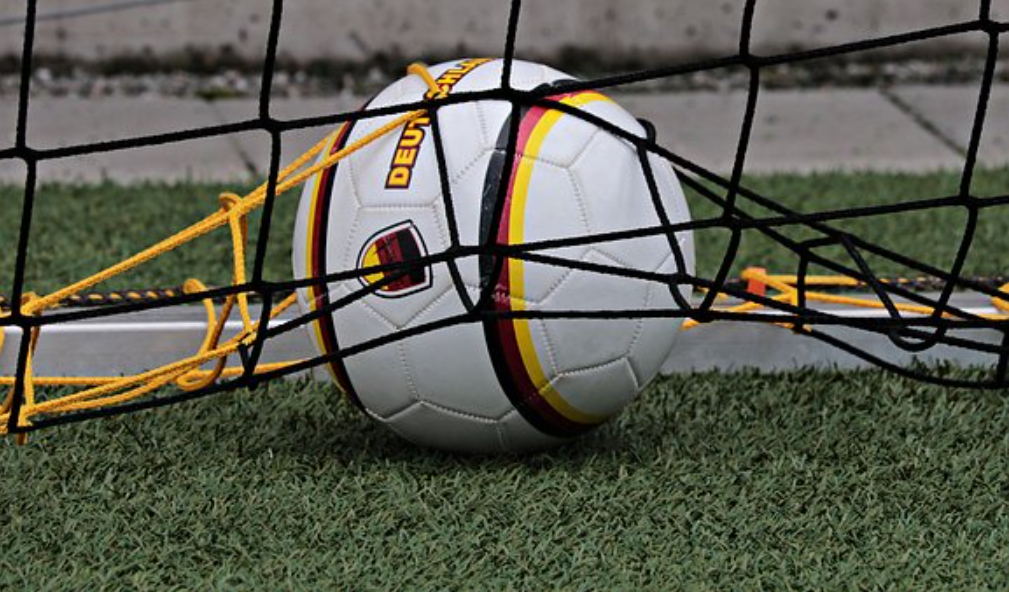Today’s Football Predictions: Expert Betting Analysis & Match Tips That Win
There’s something electric about those final minutes before kickoff. The crowd’s buzzing, players are stretching on the pitch, and you’ve got a bet riding on the outcome. Football’s beautiful chaos makes it nearly impossible to predict perfectly, but that doesn’t stop millions of us from trying every single weekend.
Here’s the problem with most betting advice out there-it’s either painfully obvious stuff everyone already knows, or it’s dressed up in complicated jargon that doesn’t help you make better picks. This guide is different. We’re going to talk about what actually matters when you’re trying to figure out which team’s going to show up and perform.
How to Actually Predict Football Matches (Without Guessing)

Let’s be honest: going with your gut hasn’t worked out great for most of us. I’ve lost count of how many “sure things” have crashed and burned over the years.
Here’s what smart bettors do instead. They look at league tables, sure, but they’re not obsessing over who’s in fourth place versus fifth. They want to know who’s playing well right now. A team could be sitting in 10th place but have won their last four matches with their injured players finally back. Meanwhile, the team in second might be limping along on results from two months ago.
You’ve probably heard about expected goals, or xG. Sounds fancy, but it’s actually pretty straightforward-it measures how many goals a team should be scoring based on the chances they create. When you see a team generating loads of quality chances but only scoring once or twice, that luck usually evens out eventually. Same goes the other way. If someone’s banging in goals from half-chances every week, it probably won’t last.
One more thing about head-to-head records: they’re useful, but not if you’re looking back five years. Squads change completely. The team that demolished their rivals 5-0 in 2020 might share only three players with the current lineup. Stick to recent history between teams that actually resemble what you’re seeing today.
What Really Changes Match Results

Injury news is where casual bettors and serious ones part ways. Everyone notices when the star striker’s out. But what about the defensive midfielder who doesn’t score goals but has been winning every tackle and breaking up every counterattack? His replacement might be decent going forward but leaves massive holes in transition.
Then there’s the schedule grind. When teams play Thursday night in Europe and then have a league match Saturday afternoon, something’s got to give. Players are exhausted, managers rotate their squads, and concentration drops. Bookmakers know this happens, but they don’t always adjust the odds enough to account for it.
Tactical matchups decide more games than raw talent does. Some managers are brilliant at setting up defensive walls but clueless when they need to break one down. Others play aggressive, high-pressing football that destroys weaker opponents but gets exploited by elite teams with quick players. You need to think about how each team’s style matches up against what they’re facing.
And don’t laugh, but weather matters more than people think. Try playing beautiful passing football in a downpour-it doesn’t work. The ball’s skidding everywhere, and suddenly the direct, physical team has a huge advantage. Strong winds turn corner kicks and free kicks into complete coin flips.
Managing Your Money (The Boring Part That Keeps You Alive)

Professional bettors treat this like investing, not gambling. They don’t throw £100 on a match because they’re “feeling confident.” There’s actual math behind it.
The Kelly Criterion sounds complicated, but the principle’s simple: don’t risk too much of your bankroll on any single bet, even when you think you’ve found a lock. Most pros never put more than 10% of their total funds on one outcome. That way, a bad run doesn’t wipe them out before their edge has time to play out.
Value betting is the whole game. It doesn’t matter if a team wins or loses if you got the right price. Let’s say you think there’s a 40% chance of something happening, but the odds imply only a 33% chance. That’s value. You take it, knowing that over 100 similar bets, you’ll come out ahead.
Shopping for the best odds sounds tedious, but it adds up fast. Getting 2.80 instead of 2.60 on your picks might not seem like much per bet, but multiply that across a year of betting and you’re talking about 10-15% better returns. Open accounts with a few different bookmakers and always check who’s offering the best price.
Stay away from accumulators unless you’re just having fun with pocket change. Yes, the potential payouts look amazing. But each selection you add kills your chances of actually winning. Five bets that each have a 70% chance of winning? Your odds of hitting all five drop to less than 17%. The math is brutal.
What the Market’s Telling You

Odds don’t just appear randomly. They start with computer models and then move based on where money’s flowing. When you see big line movements within an hour or two of odds being posted, that usually means sharp bettors-the ones who win consistently-are hitting something hard.
But here’s the trick: don’t follow public money. Casual bettors love favorites and big-name teams, which means those odds often get pushed to terrible value. You want to be on the other side of those bets.
When a bookmaker suspends a market, something’s happened. Maybe there’s injury news about to break, or word’s leaked about the starting lineup. These suspensions are breadcrumbs worth following.
Asian handicap markets cut through a lot of the noise. When bookies set a team at -1.5 goals, they’re saying “we think this team wins by at least two goals.” That tells you way more about their confidence than basic win odds do.
Live betting during matches opens up new angles, but you need discipline. When a team’s down 1-0 but absolutely dominating the match, they might offer value. But you’ve got to be watching closely and thinking quickly, not just panic-betting because your pre-match pick is losing.
Different Leagues, Different Rules

The Premier League is chaos. Any team can beat any other team on a given day, which makes favorites riskier than you’d think. Compare that to leagues like France’s Ligue 1, where PSG routinely hammers mid-table sides 4-0.
Newly promoted teams usually concede goals for fun in their first season back in the top division. Their defenses just aren’t ready for that level of quality. But these same teams can pull off shocking results at home, especially against bigger clubs who show up expecting an easy afternoon.
South American football tends to produce higher-scoring matches than European leagues. Tactical approaches are different, defenses are organized differently, and what you’d consider a high-scoring game in Italy might be a normal Tuesday in Brazil.
International tournaments are weird. National team managers see their players maybe a dozen times per year, so the tactical sophistication drops way down compared to club football. Games get conservative and predictable because nobody wants to experiment and look foolish on the big stage.
Mistakes That Cost You Money

We all do this: a player scores a hat-trick, and suddenly we think he’s Cristiano Ronaldo. One great performance doesn’t change a player’s actual ability level. Don’t get carried away by what happened last week while ignoring months of average showings.
Betting on your own team is dangerous. Your judgment gets clouded by what you want to happen instead of what’s actually likely to happen. Either force yourself to be brutally honest, or just avoid those matches entirely.
After a rough day, the temptation to chase losses is overwhelming. You want to make your money back right now, so you start betting bigger and picking worse matches. This is how bad days turn into disasters. Stick to your normal stakes no matter what happened yesterday.
Even if you’re picking winners 52% of the time, you might still be losing money because of the bookmaker’s margin built into the odds. At typical odds of 1.90, you need to win about 53% just to break even. The house edge is real, and it grinds away at your bankroll if you’re not careful.
Building Something That Lasts

If you’re serious about this, start keeping records. Write down every bet: which match, what odds, how much you staked, why you took it, and what happened. After a few months, patterns emerge. You’ll see which types of bets work for you and which ones are just lighting money on fire.
Don’t try to be an expert on every league in the world. It’s impossible. Pick two or three competitions, learn them inside and out, and focus there. You want to know things the average bettor doesn’t-that’s where your edge comes from.
Everything in football eventually returns to normal. Amazing winning streaks end. Terrible runs get broken. Teams overperforming their underlying stats come back down to earth. The key is spotting these turning points before the bookmakers adjust their prices.
Finally, never stop learning. Tactics change, new stats become available, and bookmaker models get smarter every season. What worked brilliantly last year might be useless now. Stay curious, keep adapting, and don’t get stuck in old habits.
Look, nobody wins every bet. That’s not how this works. But over hundreds of matches, if you’re making smart decisions based on solid research instead of hope and hype, those small edges add up. Treat each match as one piece of a much bigger puzzle, make your picks for the right reasons, and trust the process to deliver results over time.
